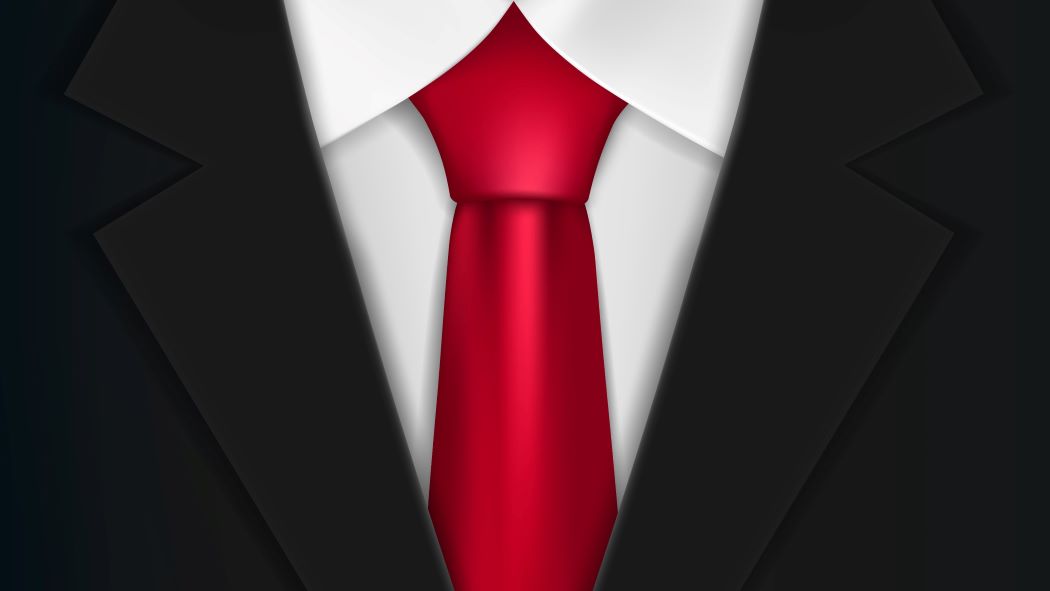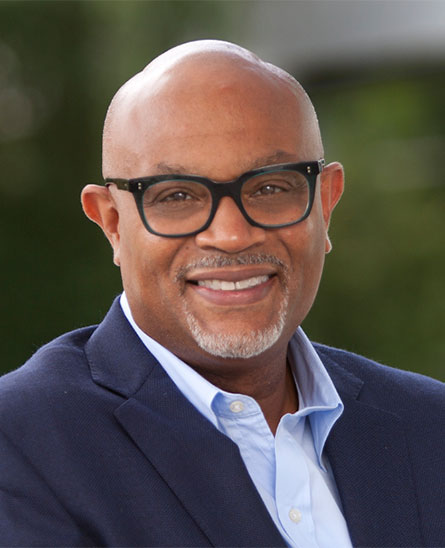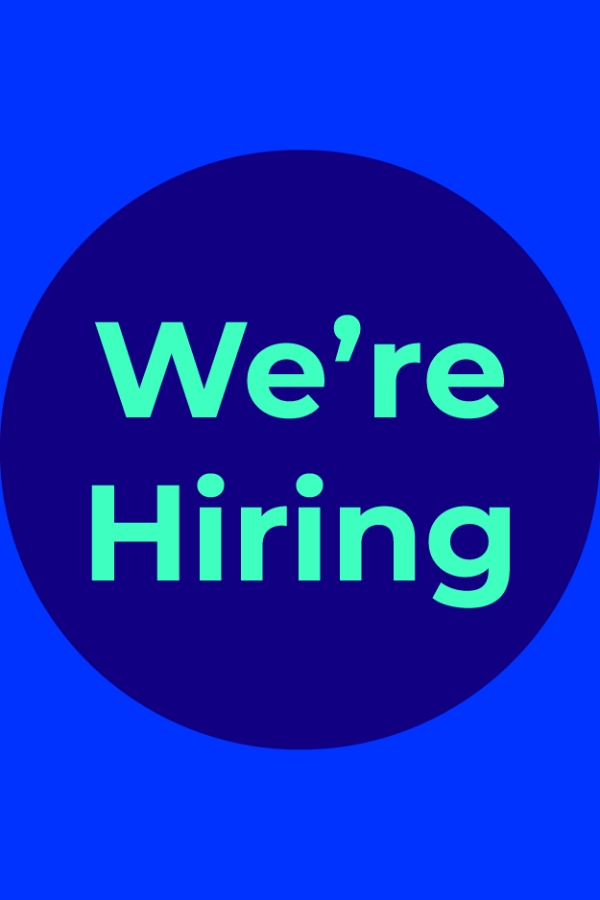
A native New Yorker, Cigna's Paul Sanford has a realness and candor about him that has earned him much success and respect in his 20+ year career with the health services organization.
 As a member of the executive leadership team reporting directly to CEO David Cordani, Sanford oversees Cigna's customer and client service operations, health care provider services, and overall operational effectiveness.
As a member of the executive leadership team reporting directly to CEO David Cordani, Sanford oversees Cigna's customer and client service operations, health care provider services, and overall operational effectiveness.
We had the pleasure of sitting down with Sanford to discuss his career, the future of work as he sees it, as well as what it’s been like for him as a Black man in the business world.
What’s the most important business lesson you’ve learned in your career?
You're going to have opportunities throughout your life to take the shortcut. Don't do it. Whenever you have an opportunity to take the shortcut or take the long way, choose the long way, because you're going to learn along the way, and you're going to be smarter in the end.
What's your favorite part about working at Cigna?
It’s the people, and also the fact that the organization gives us an opportunity to grow and learn. So, you might have your day job and then find something that is adjacent to it that needs attention, and you can jump right in. I really like that, and I try to counsel people and mentor people to look for what I call “white space.” It's the thing right next to your job that you can do. There's value there for both your employer and for you.
You were just named the executive sponsor of the virtual employee resource group (ERG) here at Cigna. What are you looking forward to in that role?
I look forward to learning more than anything else. If anybody tells you they have figured out virtual work, they're not being honest. We have a large portion of our Operations teams working at home, and they will continue to work at home. That means reimagining everything from tools to culture to training and hiring.
Give us the best career advice you ever received.
There was this period of time where I thought I should know what my long-term destination would be, career-wise. I talked to an executive at the time who told me I should focus on doing the job I have exceptionally well while keeping an eye on opportunities for the next thing. Because at the end of the day, if you do your existing job exceptionally well, you will have options for growth.
Everyone is talking about taking a flexible approach to the return to work. What does that mean to you?
It means that this notion of 9-to-5 is gone. At the end of the day, we all have goals to reach, and there is now this flexibility in how we achieve them.
The office was once a place that we relied heavily on for collaboration, training, and mentoring. But all of that has changed now because you will have people who come in every day, some who come in every so often, and others who choose to stay home the majority of the time.
I’ll be honest and say I don’t have all the answers yet in terms of what the future of work will look like for this newly dispersed workforce, though it’s critical we ensure our employees continue to thrive as our workplace evolves. We are actively figuring things out together, and it is going to take some testing, learning, failing fast, and optimizing to get it right.
What’s the one thing you prioritize doing for yourself each day?
Trying to have balance. I try to exercise, work intensely, and then shut it off to recoup and rejuvenate.
We all need to remember that our jobs are not a sprint. It’s about long-term sustainable performance and in order to do that, people need to prioritize having that balance.
What is your long-term vision for employee culture, engagement, and experience?
We're a company of heart and mind, and we are fiercely competitive in the marketplace. And even though we are performance-oriented, we don’t beat each other up to get there. To me it is all about a performance culture that is respectful and genuinely caring of the people that we work with.
How has being a Black person impacted your career?
Throughout my career there have been many times when I have been the only person of color in the room – particularly earlier on in my career. I didn't know how to feel about that, or if I was there because of some diversity box that needed to be checked.
But the truth is, everybody has a point of view that is shaped by how and where we were brought up, as well as who we were brought up with. That diversity in thought is the value that we all bring to a team. And I’d like to think it’s the value that I bring to my current role.

The Best Part About Working At Cigna Is The People. Join the Team.
Explore opportunities at Cigna or with one of our subsidiaries and discover the impact you can make.